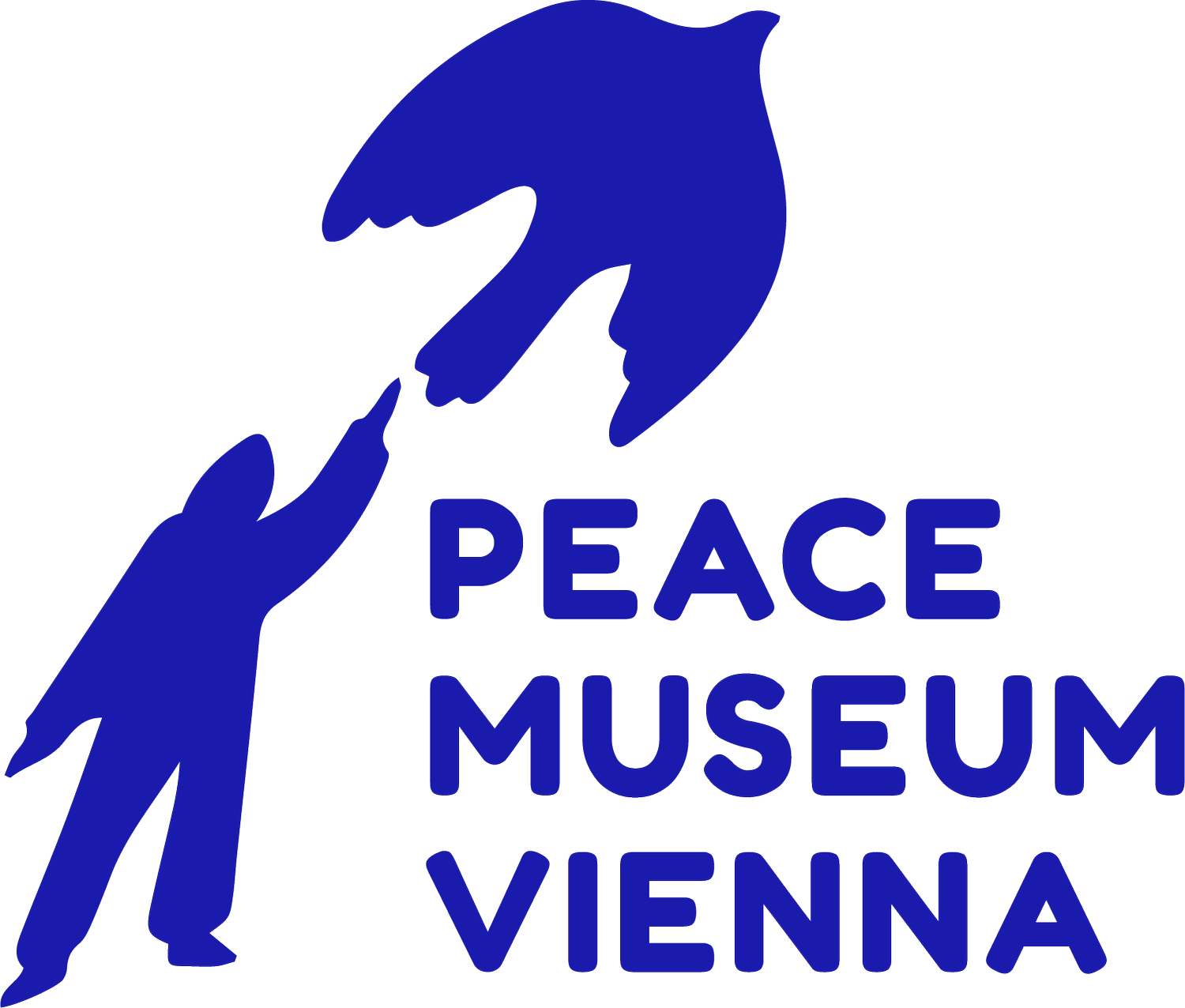Bridget Carter
“It is far more difficult to make peace than it is to wage war,” Santos has stated. “I know it because I have done both.”
- Juan Manuel Santos
Juan Manuel Santos, born August 10, 1951 in Bogotá, Colombia, was awarded the Nobel Peace Prize in 2016 for his efforts to end the protracted war with the Marxist guerrilla organization the FARC (Fuerzas Armadas Revolucionarias de Colombia; “Revolutionary Armed Forces of Colombia”). Santos studied economics at the University of Kansas and later at the London School of Economics and Harvard University, and became Colombia’s first minister of trade in the early 1990s. He founded the Good Government Foundation which supported best practices in public governance and promoted the application of the Third Way, a political philosophy he learned from British sociologist Anthony Giddens that seeks to obtain balance between a liberal economy and government interventions to guarantee fundamental social rights such as equality, security and justice. Santos assumed the presidency in 2010 and was re-elected in 2014. In his inaugural address, he said one of his top priorities would be to seek peace through dialogue as long as he found a willing counterpart at the table. He did so and for six years he led tough, complex negotiations with the FARC. The process, which was held in Havana, Cuba was finally completed successfully in late 2016, effectively putting an end to a 52-year internal armed conflict in Colombia. “It is far more difficult to make peace than it is to wage war,” Santos has stated. “I know it because I have done both.” Fortunately for Colombia and for the world, he prevailed. He achieved what many Colombians had yearned for decades: persuade the guerrillas to trade their weapons for ballots, and violence for democracy, so that Colombia can advance without the burden of war toward the realization of its maximum potential.

